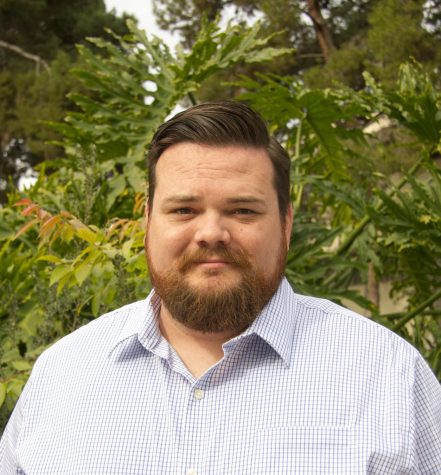The backfire effect is a psychological phenomenon where people, when presented with evidence contrary to their beliefs, not only reject that evidence but hold even firmer to those beliefs. Pop culture glamourizes college as one big party, and while it may be for some, the opportunity for personal growth is not one to be wasted. This last gasp of adolescence is also the last time most will be asked to consider other perspectives or have their ideas challenged in any way.
Post-college adult life becomes more insulated as graduation fades into memory. People become more selective of their friends and romantic partners. Be it young urban professionals or suburban family types, people align themselves with those who are less likely to challenge their beliefs and more likely to share them themselves. The algorithmic curation of Facebook newsfeeds and the rapid polarization of the news content people are shown have accelerated this ideological divergence to the extremes.
This country needs well-informed media consumers. The consequences of not having them can be summarized in the “crazy uncle” Facebook cliché. His breathless sharing of scare-mongering conspiracy theories has become a popular punch line. The satirical “Shares from your Aunt” Facebook page has almost 50,000 likes. Social media has enabled the proliferation of pseudo-news organizations that generate revenue by enticing clicks from the ideologues they serve. Did Elizabeth Warren really “DESTROY” Donald Trump in one tweet? It is no more likely than Rudy Giuliani “EVISCERATING” Hillary Clinton in another one. Even if they did, they probably did not do it in ALL CAPS. The consequences of an electorate that does not know how to differentiate reality from propaganda are terrifying to behold. College is not only where students learn how to read the news, but also how to decide what is worth reading and what can be ignored.
Despite academia’s best efforts, ignorance parading around as knowledge can still found on campus. A Pew Research study found that 57 percent of Americans thought genetically modified food was unsafe to eat. But public opinion runs contrary to the overwhelming consensus of scientists. 88 percent of the members American Association for the Advancement of Science said GM foods were perfectly safe. This disparity can be partially attributed to propaganda campaigns from organizations like US Right to Know and the Non-GMO Project, as well as from paid-proponents of “natural” food like the Food Babe blogger. Despite the fact that most of the claims of the claims of anti-GMO scaremongers can be dismissed after introductory biology and chemistry courses, the natural food fad has found eager adherents on college campuses. If people are accepting of scientific consensus in their acceptance of the reality of climate change, they should also accept the scientific consensus on GM food.
College is also the last place where many students’ political views will be challenged. Conservatives will have their assumptions shaken in sociology and gender studies courses while liberals might be confronted with some uncomfortable ideas in economics. As voting participants in the democratic system there is an obligation to understand as much as one can about candidates and the parties with which they align, more than what can be acquired on a couch in front of Fox News, MSNBC or from self-indulgent think pieces on Breitbart and Upworthy. The American political landscape takes on a new dynamic when considered in the context of the political theorists whose writings this democracy was built upon.
It is unfortunate how quickly and easily adults become zealots in their belief systems. An often-referenced study by the School of Public Health at the University of Michigan found that beliefs become so closely held that even when proven incorrect people refuse to give them up. In fact, many will cling to these beliefs more strongly after being confronted with contradictory evidence. This “backfire effect” might help explain why Facebook political debates go almost nowhere and often end in vitriol and personal insults.
The college experience should not be wasted. Students should keep an open mind and be willing to adjust their assumptions as they are exposed to new ideas and evidence. American culture is in the midst of an ideological war, and one look at the scoreboard suggests ignorance is winning. Having one’s beliefs challenged should not be met with the resistance predicted by the backfire effect, but welcomed as an opportunity to think, learn and grow.








